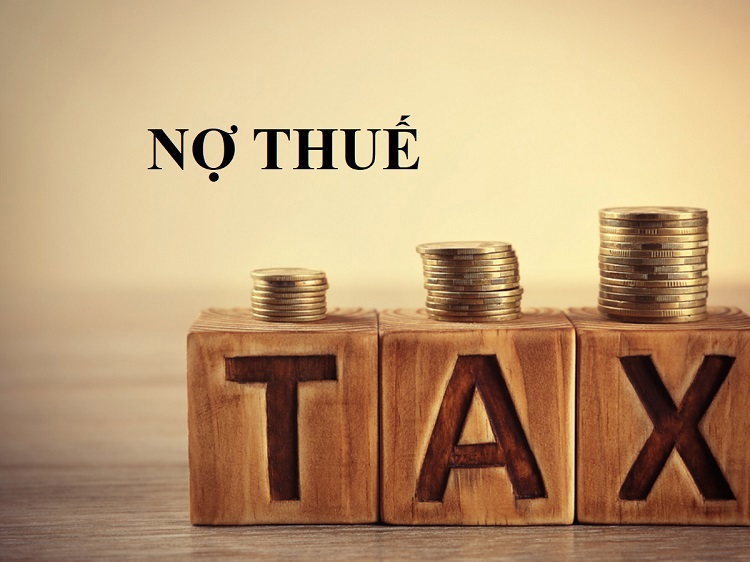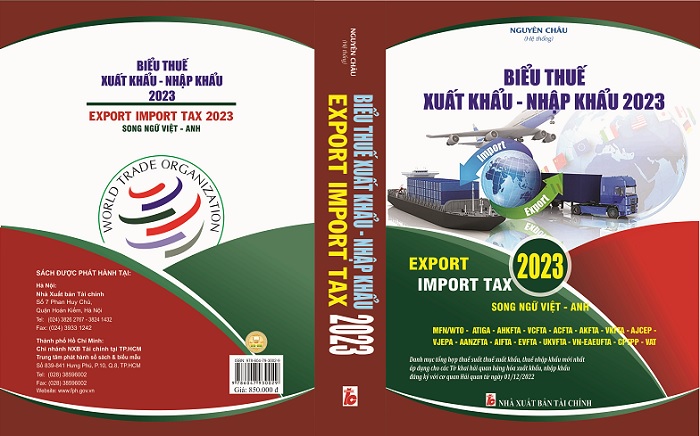TAX ENFORCEMENT
1. Cases where businesses are forced to owe tax 
According to Clause 1, Article 2, Circular 215/2013/TT-BTC The Ministry of Finance has stipulated that there are 4 cases:
- The taxpayer owes tax and late payment interest for more than 90 days from the expiration date or extension of tax payment according to the provisions of the Law on Tax Administration and competent state agencies.
- Taxpayers who still owe taxes, fines, or late payment fees commit acts of absconding or dispersing assets.
- Taxpayers who do not comply with the decision to sanction administrative violations of tax within 10 days from receiving the decision to sanction administrative violations of tax will be forced to execute the decision to sanction administrative violations. about tax.
- In case the decision to sanction an administrative tax violation has an enforcement period of more than 10 days and the Taxpayer does not comply with the sanctioning decision within the time limit stated on the sanctioning decision, the decision will be forced to execute. Penalties for administrative violations of taxes (except for cases where the implementation of decisions on penalties for administrative violations of taxes are postponed or suspended).
Additionally, according to Clause 2, 3, 4, 5 Article 2, Circular 215/2013/TT-BTC There are some additional violations below:
- Credit institutions do not comply with administrative tax penalty decisions according to regulations Tax management Law and Law on Handling of Administrative Violations.
- Organization guaranteeing tax payment for taxpayers: 90 days beyond the prescribed time limit - calculated from the due date of tax payment, fines, and late tax payment interest according to the written approval of the tax authority by the taxpayer. If the guarantor has not fully paid into the state budget, the guarantor will be forced according to the provisions of the Law Law on Tax Administration and Law on Handling of Administrative Violations.
- The State Treasury does not transfer money from the accounts of subjects forced to open at the State Treasury to pay into the State budget according to the tax authority's decision to sanction administrative violations of tax.
- Relevant organizations and individuals do not comply with decisions on sanctioning tax-related administrative violations of competent authorities.
2. Impact of businesses being forced to owe tax
Pursuant to Articles 31 to 37 Decree 126/2020/ND-CP, Taxpayers subject to enforcement, Tax authorities The following measures will be applied:
- Extract money from the subject's account at the state treasury or credit institution; request to block the account.
- Deduction of part of salary or income.
- Notice that the invoice is no longer valid.
- Distraint of assets, auction of distrained assets according to the provisions of law to collect tax debt, fines, late payment fees and tax payments to the state budget.
- Collect money and other assets of the subject being coerced that are held by organizations or individuals.
- Revoke the business registration certificate, enterprise registration certificate, establishment and operation license, and practice license.
3. How to handle if a business is forced to owe tax
According to Official dispatch 1695/TCT-QLN promulgated by the General Department of Taxation on April 22, 2016, some businesses under enforcement can still use single invoices to serve production and business activities. As follows:
- Enterprises have proposed documents requesting to use invoices for each batch of goods and each work item.
- The enterprise commits to pay taxes with the incurred tax and debt at least equal to 15% of revenue on individual invoices.














